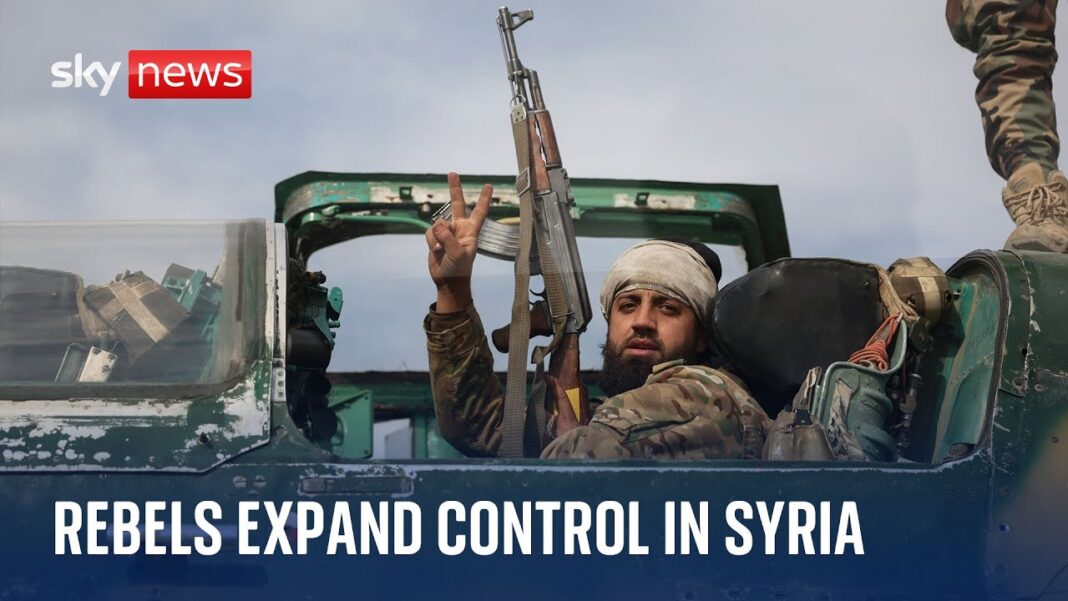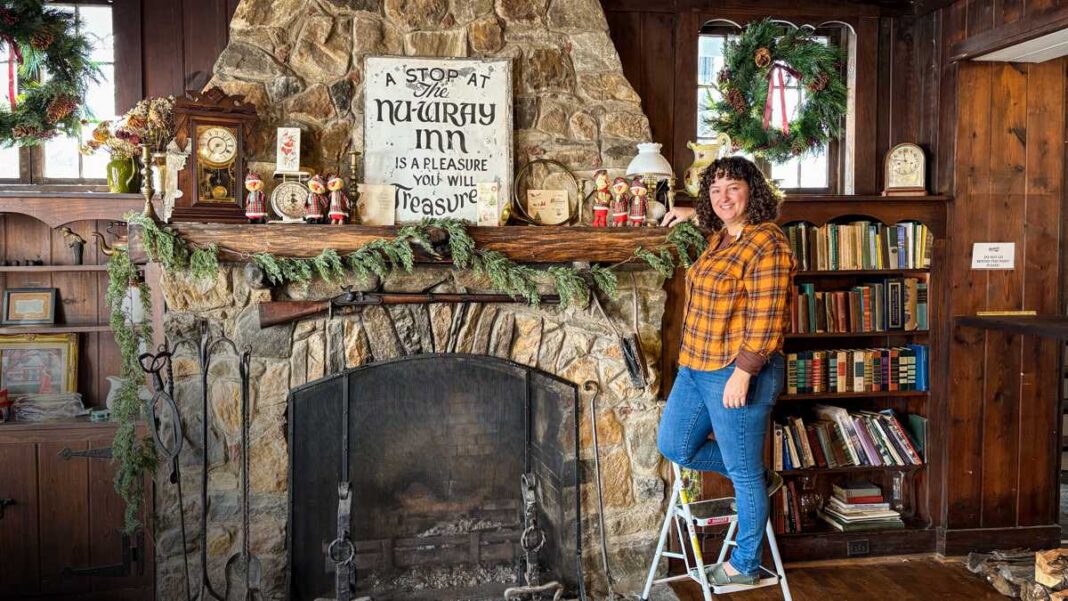The renewed promise was made in the wake of Biden’s controversial decision to pardon his son.
President-elect Donald Trump announced on Dec. 8 that he will move to pardon those pursued by the Department of Justice in relation to the Jan. 6, 2021, Capitol breach.
“I’m going to be acting very quickly,” Trump said in an interview with “Meet the Press” anchor Kristen Welker, clarifying that he would begin the process of considering pardons for the nearly 1,500 people charged in connection with the event starting on his first day in office.
“These people have been there for how long? It’s three, four years. You know, by the way, they’ve been in there for years, and they’re in a filthy, disgusting place that shouldn’t even be allowed to be open,” Trump said, referencing the Washington, D.C., Metropolitan Jail, a facility that has long been dubbed the “gulag” by its critics.
The promise to pardon those charged in connection with the events of the day—including many arrested, convicted, and incarcerated for nonviolent offenses—was a pillar of Trump’s campaign for reelection in 2024.
In the interview, Trump said that he would be looking at individual cases and that there “may be some exceptions to it,” such as “if somebody was radical, crazy,” he said, adding that “there might be some people from Antifa there.”
The Capitol breach occurred after protestors entered the building, many shuffling in through main entrances. Some rioters engaged in clashes with police officers.
The breach occurred as part of the “Stop the Steal” rally, intended to lobby Congress to not certify the 2020 election over lingering disputes about voter fraud. Following a speech by Trump at the Ellipse, many of the protestors descended on the Capitol.
Among those charged in connection to the events of the day, hundreds face serious charges, including assault on law enforcement, some involving heightened allegations such as the use of weapons or causing injuries.
Many others have been charged for actions such as trespassing, with the majority being nonviolent participants. More than 1,400 defendants are accused of entering restricted areas, with a small subset alleged to have been armed.





